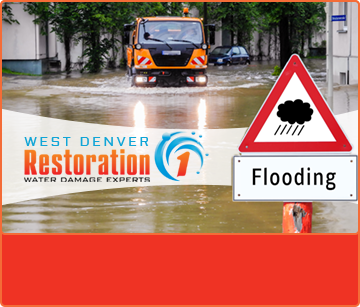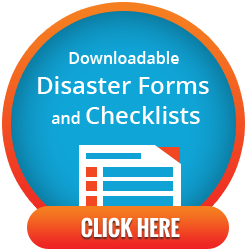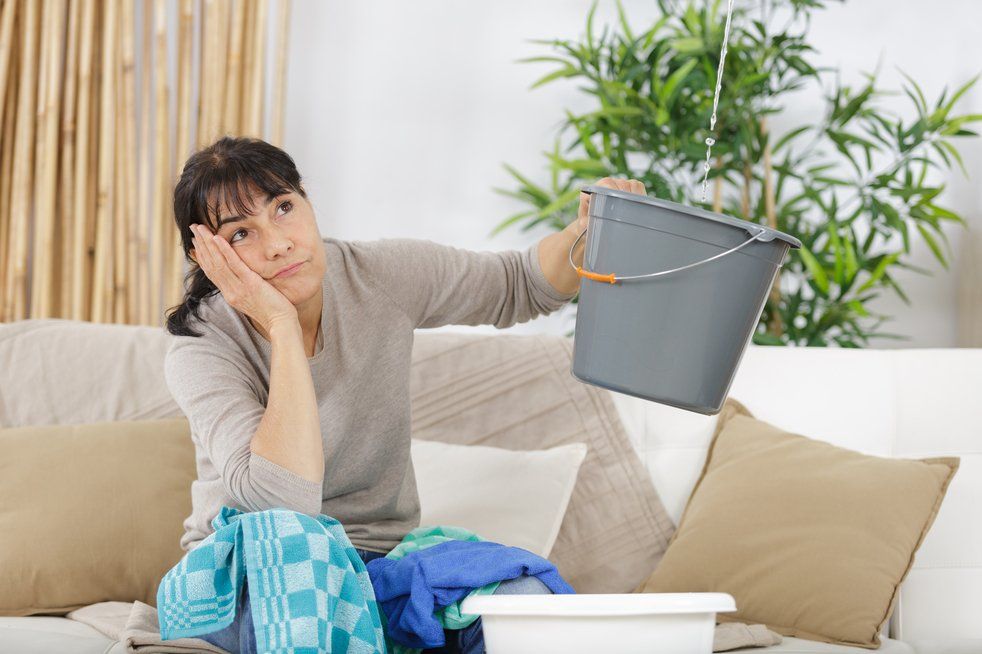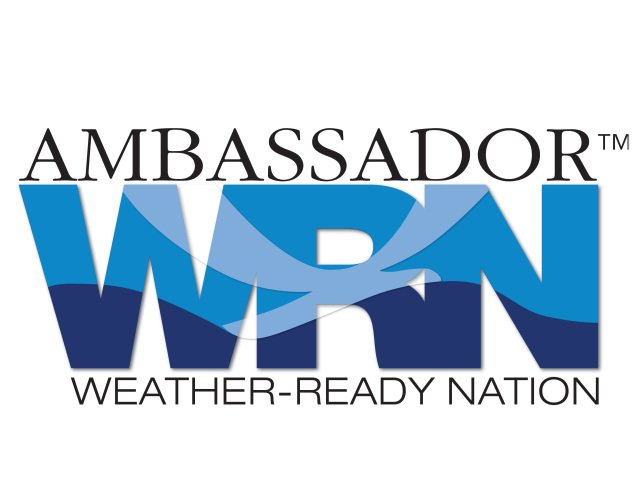Blog - Restoration 1 of West Denver
CONTACT US TODAY
Flooded Crawl Space: What You Need To Know
- By Micah Jefferson
- •
- 26 Apr, 2021
- •
Can you dry out a crawl space on your own?
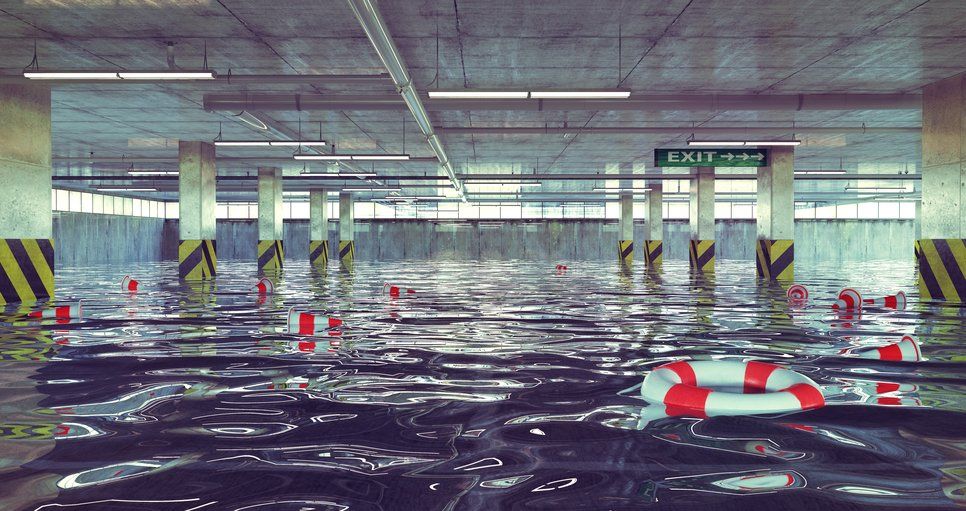
A crawl space floods for various reasons. You may live in a flood zone, the drainage around your home may be ineffective, or your crawl space wasn’t designed correctly in the first place. Whatever the reason, there’s a good chance that you will have to deal with a flooded crawl space before too long.
Cleaning a crawl space. There are several steps necessary to truly dry out a crawl space and determine the job is done correctly. The job starts with removing any standing water. Depending on how much water has gotten into the flooded space, you may need to till the soil and treat it with an anti-microbial product. When drying out the crawl space, you will also need to remove any items in the area. If any insulation has been water-damaged, throw it out and replace it with new insulation.
Dry out more than the crawl space floor. Drying out a crawl space includes drying out the wood framing, the subflooring above the crawl space and the crawl space floor.
After drying the crawl space. Once everything is dry, it will be necessary to clean the surfaces inside the crawl space to discourage the spread of mold. It’s also necessary to check the wiring in the crawl space for damage. It may be unsafe to use the outlets in or near the crawl space.
Will my crawl space dry out on its own? If there is heavy water saturation and the temperature in the crawl space does not get much higher than 40 or 50 degrees, the process to dry out the crawl space could take several weeks and possibly even months. We often hear from homeowners that the smell of the damp crawl space is intolerable and becomes even more aggravating with time.
Why hire professionals? Restoration1 has state-of-the-art heating and dehumidifying equipment needed to speed up the drying process and even make it possible to dry it out in the first place. Professional restoration companies are able to accomplish these jobs much quicker, and more thoroughly, than if you tried taking care of the entire project yourself.
Assess possible issues. There are several other factors that should be considered when there is water in the crawl space. Homeowners should evaluate the drainage around the house as ineffective drainage can lead to rain runoff getting into the crawl space. You may also need to install a sump pump. And finally, in order to keep a crawl space completely dry, you may need to encapsulate the crawl space. Again, encapsulation is only effective if performed by professionals.
Crawl space flooding is a common problem, but one that you shouldn’t have to live with. There are solutions that professional restoration companies can recommend. Professionally trained technicians, with the proper equipment, will be able to dry your crawl space faster and resolve issues better than doing the project on your own. Give us a call at 720-605-2994 or visit our website for more information on Restoration1 of West Denver and our water damage experts.
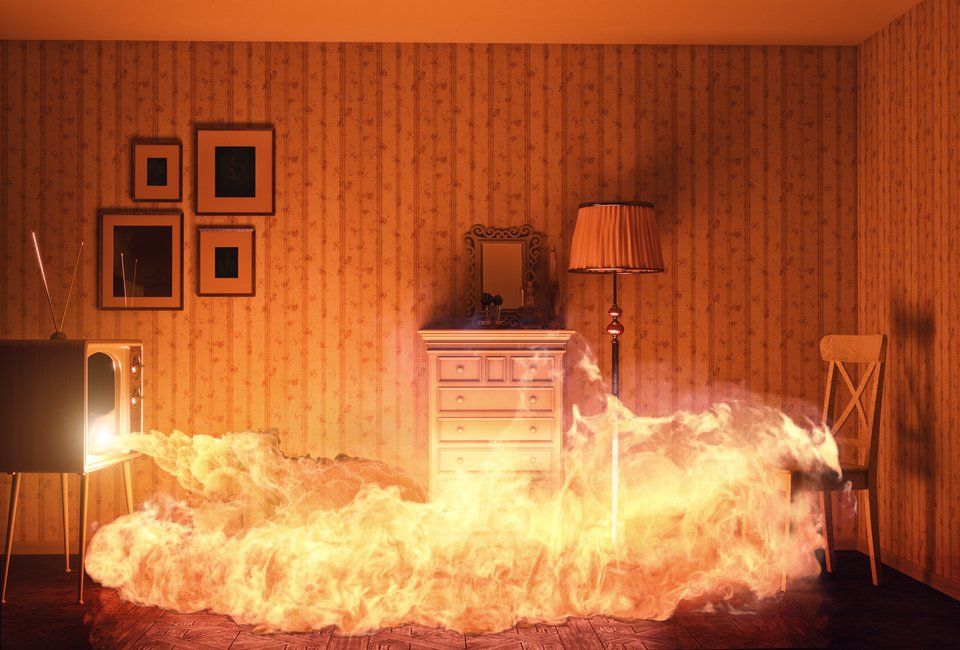
It’s that time of the year again – the weather turns cooler, especially at night, and we turn on our furnaces, add a space heater to the room, introduce extension cords and light our fireplaces. The truth is, there are numerous dangers in both the home and office settings that are initiated by cooler weather. What may seem innocent, could turn disastrous. Take a few minutes to act on these simple things you can do to avoid disasters – and rest more easily.
Problems With Furnaces. It’s been a while since the furnace has been operating consistently. Take the time to go through this checklist.
- Replace or clean your furnace filter. A new filter makes your furnace operate more efficiently, so replacing them even more often than recommended can’t hurt, and may save you money in the long run.
- Take some time to physically inspect your furnace. While furnaces are usually stored in out of the way places – closets, basements, or attics – these are also places where homeowners and business owners might store flammable items. So look carefully and make sure any paints or paint thinners, gasolines or even rags are not near your furnace.
- Schedule your Fall maintenance check. Your furnace should be cleaned and inspected every year. This is especially true if you have an older furnace. While newer furnaces are sometimes equipped with automatic shut off features if a problem is detected, your older furnace requires a physical inspection.
Space Heaters. Many families turn to space heaters as supplemental sources of heat. A few things that you should keep in mind:
- Make sure the outlet you are using to power the space heater is equipped to handle the appliance.
- Be sure to place the heater at least 3 feet from furniture, draperies and bedding.
- If you have pets or small children, do not leave a room without turning the heater off.
Smoke Detectors and Carbon Monoxide Monitors. We put both of these in the same category as they should be treated equally. Place carbon monoxide monitors and smoke detectors on every floor of your home or office. CO2 detectors are inexpensive and no installation is necessary. If there is a CO2 leak, which you will not smell since it is odorless, the detector will sound an alarm. Every furnace produces CO2, but a properly functioning furnace will safely exhaust it from your home. One quick reminder, some of the newer smoke alarms also function as carbon monoxide detectors, so you might want to find the paperwork on your alarms before purchasing separate carbon monoxide detectors.
Test your Fire and Smoke Detectors. The reminder comes to us every year around the time we are changing from Daylight Savings Time. But often, people forget. So consider this your second reminder.
Cooking Fires. Almost 25% of home fires are caused by cooking fires. It’s easy to turn on a burner and then get distracted. Be sure to keep any towels or drapes away from hot burners. Never leave something on the stove – the grease in an unattended frying pan can catch on fire easily. Turning the heat too high when you start to cook is also dangerous. You may be in a hurry, but smoke or grease can accumulate fast when you are frying or sauteing.
Fireplace Safety. If you have a log-burning fireplace, be sure to have the chimney swept every year. Soot and debris can collect in the chimney and become a fire hazard. Remind everyone to keep blankets, curtains, rugs and toys away from the fire. And never leave children or pets unattended around a fireplace.
Electrical Fires. Overloaded extension cords can be the biggest problem. Bad connections and faulty wiring can trigger a fire that can be lethal. Ten percent of home firms result from electrical equipment failures.
An Abundance Of Paper . Needless to say, paper is a huge contributor to both home and office fires. How you store your paperwork makes a difference. Be careful not to overload closets and garage spaces. And if you are around people who tend to keep paper in large quantities, consider hiring an expert who can help with decluttering.
The U.S. Fire Administration posts seasonal tips on preventing fires in home and offices. Reference their website occasionally to make sure you, your family and co-workers are safe.
One More Tip. Home Automation is an amazing industry right now. If you’ve had an alarm installed recently, you know how you can set controls using your smart phone. The same is true for protecting your safety. You can now get devices or phone apps that synch with your lights and/or locks to turn them on or off, call the fire department or unlock your front door for easy escape. Call your local Home Automation expert for more information.
Recent Blog Posts

It’s that time of the year again – the weather turns cooler, especially at night, and we turn on our furnaces, add a space heater to the room, introduce extension cords and light our fireplaces. The truth is, there are numerous dangers in both the home and office settings that are initiated by cooler weather. What may seem innocent, could turn disastrous. Take a few minutes to act on these simple things you can do to avoid disasters – and rest more easily.
Problems With Furnaces. It’s been a while since the furnace has been operating consistently. Take the time to go through this checklist.
- Replace or clean your furnace filter. A new filter makes your furnace operate more efficiently, so replacing them even more often than recommended can’t hurt, and may save you money in the long run.
- Take some time to physically inspect your furnace. While furnaces are usually stored in out of the way places – closets, basements, or attics – these are also places where homeowners and business owners might store flammable items. So look carefully and make sure any paints or paint thinners, gasolines or even rags are not near your furnace.
- Schedule your Fall maintenance check. Your furnace should be cleaned and inspected every year. This is especially true if you have an older furnace. While newer furnaces are sometimes equipped with automatic shut off features if a problem is detected, your older furnace requires a physical inspection.
Space Heaters. Many families turn to space heaters as supplemental sources of heat. A few things that you should keep in mind:
- Make sure the outlet you are using to power the space heater is equipped to handle the appliance.
- Be sure to place the heater at least 3 feet from furniture, draperies and bedding.
- If you have pets or small children, do not leave a room without turning the heater off.
Smoke Detectors and Carbon Monoxide Monitors. We put both of these in the same category as they should be treated equally. Place carbon monoxide monitors and smoke detectors on every floor of your home or office. CO2 detectors are inexpensive and no installation is necessary. If there is a CO2 leak, which you will not smell since it is odorless, the detector will sound an alarm. Every furnace produces CO2, but a properly functioning furnace will safely exhaust it from your home. One quick reminder, some of the newer smoke alarms also function as carbon monoxide detectors, so you might want to find the paperwork on your alarms before purchasing separate carbon monoxide detectors.
Test your Fire and Smoke Detectors. The reminder comes to us every year around the time we are changing from Daylight Savings Time. But often, people forget. So consider this your second reminder.
Cooking Fires. Almost 25% of home fires are caused by cooking fires. It’s easy to turn on a burner and then get distracted. Be sure to keep any towels or drapes away from hot burners. Never leave something on the stove – the grease in an unattended frying pan can catch on fire easily. Turning the heat too high when you start to cook is also dangerous. You may be in a hurry, but smoke or grease can accumulate fast when you are frying or sauteing.
Fireplace Safety. If you have a log-burning fireplace, be sure to have the chimney swept every year. Soot and debris can collect in the chimney and become a fire hazard. Remind everyone to keep blankets, curtains, rugs and toys away from the fire. And never leave children or pets unattended around a fireplace.
Electrical Fires. Overloaded extension cords can be the biggest problem. Bad connections and faulty wiring can trigger a fire that can be lethal. Ten percent of home firms result from electrical equipment failures.
An Abundance Of Paper . Needless to say, paper is a huge contributor to both home and office fires. How you store your paperwork makes a difference. Be careful not to overload closets and garage spaces. And if you are around people who tend to keep paper in large quantities, consider hiring an expert who can help with decluttering.
The U.S. Fire Administration posts seasonal tips on preventing fires in home and offices. Reference their website occasionally to make sure you, your family and co-workers are safe.
One More Tip. Home Automation is an amazing industry right now. If you’ve had an alarm installed recently, you know how you can set controls using your smart phone. The same is true for protecting your safety. You can now get devices or phone apps that synch with your lights and/or locks to turn them on or off, call the fire department or unlock your front door for easy escape. Call your local Home Automation expert for more information.
Property Restoration Experts in Golden, CO - Arvada, CO - Lakewood, CO & Littleton, CO - Evergreen, CO and the Surrounding Areas
We’re your Friend in any Storm.
Property Restoration Experts in Denver, CO - Golden, CO - Arvada, CO - Lakewood, CO & Littleton, CO - Evergreen, CO - Summit County and the Surrounding Areas
Restoration 1 of West Denver © All rights reserved.
Sitemap


